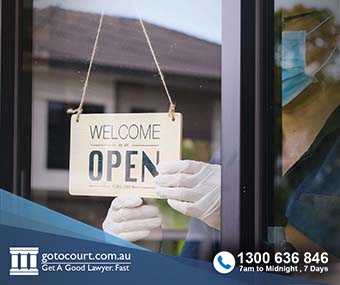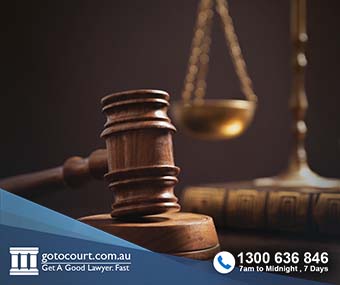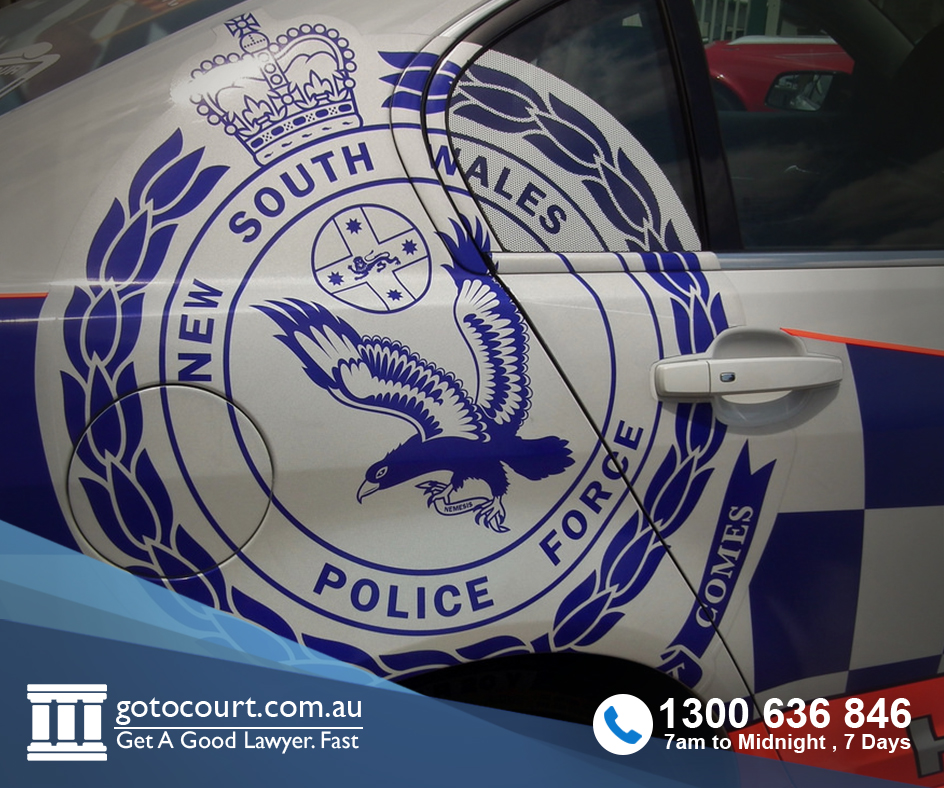Call our lawyers
now
or,
have our lawyers
call you
Dangerous Attachment Devices (Qld)
Updated on Oct 16, 2019 • 5 min read • 227 views • Copy Link
Dangerous Attachment Devices (Qld)
‘Palaszczuk go to hell, take your protest laws as well.’ That was the chant heard at last Friday’s Extinction Rebellion blockade of the William Jolly Bridge in Brisbane. The protest laws in question concern the use of dangerous attachment devices by protesters and are contained in the Summary Offences and Other Legislation Amendment Bill 2019. The bill is set to pass the Queensland parliament despite widespread opposition from lawyers, activists, the general community and even from Labor Party members.
What are the proposed changes?
The bill addresses the use of dangerous attachment devices by protesters. Such devices can be used to make it harder for police to remove activists from a location. Many such devices featured in last week’s climate change protests. The bill gives powers extra powers to search persons without a warrant and to seize dangerous attachment devices as well as creating two new criminal offences.
What are attachment devices?
The bill states that an attachment device is a device that reasonably appears to be constructed or modified to enable a person using the device to resist being safely removed from a place or safely separated from a thing. A chain, bike lock, glue, padlock or rope are NOT attachment devices by themselves.
What are dangerous attachment devices?
The bill states that a thing is a dangerous attachment device if it has been constructed or modified to cause injury to a person if interfered with or if it incorporates a dangerous substance or thing.
Dangerous attachment devices include sleeping dragons, dragon’s dens, monopoles and tripods. A sleeping dragon is a device with an anchor point for a person’s hand to be bound to casing to shield the person’s hand from being unlocked. A dragon’s den is a device that incorporates a sleeping dragon and reinforces the casing by adding bulk or weight, for example, a drum filled with concrete.
Monopoles and tripods are devices set up to suspend a person off the ground, which will collapse if someone interferes with the device, causing injury to the person suspended. A tripod was used in a recent one-woman protest to block a Brisbane road.
Searching a person or vehicle
Under the new laws, police will be able to search a person or vehicle if they believe the person has (or the vehicle contains) something that may be a dangerous attachment device that has been or is going to be used to disrupt a lawful activity. The interference may be with the operation of transport infrastructure, stopping a person from entering or leaving a place of business or causing a halt to the operation of plant or equipment.
Seizure and disposal
The new laws empower the police to deactivate or dissemble a dangerous attachment device to the extent that they consider necessary. The police may seize all or part of the device and the device will then be taken to have been forfeited to the state.
Offences
The bill establishes two criminal offences relating to the use of dangerous attachment devices.
Interfere with transport
Under the changes, it will be a criminal offence to use a dangerous attachment device to interfere with the operation of transport infrastructure without a reasonable excuse. This offence is punishable by a maximum penalty of a fine of 50 penalty units or imprisonment for two years.
Interfere with business
It will also be an offence to use a dangerous attachment device to stop a person entering or leaving a place of business or to halt the operation of a plant or equipment. This will be punishable by a maximum penalty of a fine of 20 penalty units or imprisonment for one year. This offence does not apply to the use of a monopole or tripod unless it incorporates a dangerous substance or thing.
Community responses
The proposed laws have been condemned by Australian Lawyers for Human Rights after Queensland Premier Annastacia Palasczcuk announced that the changes would be fast-tracked through parliament with minimal consultation. ALHR President Kerry Weste said that legislation should be subject to wide consultation, particularly where it has the potential to impact human rights. ‘ALHR is of the view that the bill does not strike an appropriate balance and goes too far in restricting Queenslanders’ rights under the International Covenant on Civil and Political Rights, the International Covenant on Economic, Social and Cultural Rights, as well as their constitutionally implied right to freedom of political communication,’ Weste said, noting that protests have often inspired positive social change.
Last week the Guardian reported that inner-city Brisbane ALP members had passed a unanimous resolution condemning the mass arrest of climate protesters and the proposed crackdown on protesters. The left of the Labor party is reportedly concerned about the anti-protest stance being taken by Palaszczuk, saying that the Labor party was built on activism and that the criminalisation of protests is reminiscent of the Bjelke-Petersen era. Concerns have also been voiced that such laws, if passed, could be used by future conservative governments to suppress the union movement.
Police told the Queensland parliamentary enquiry held last Friday that the devices expose protesters and emergency services workers to injury. Freight train network Aurizon also said that it supported the laws for safety reasons.
More than 30 of the types of devices targeted by the new law were reportedly removed from protesters during last week’s climate actions.
If you require legal advice or representation in a criminal matter or in any other legal matter, please contact Go To Court Lawyers.

Affordable Lawyers
Our Go To Court Lawyers will assist you in all areas of law. We specialise in providing legal advice urgently – at the time when you need it most. If you need a lawyer right now, today, we can help you – no matter where you are in Australia.How It Works











1. You speak directly to a lawyer
When you call the Go To Court Legal Hotline, you will be connected directly to a lawyer, every time.


2. Get your legal situation assessed
We determine the best way forward in your legal matter, free of charge. If you want to go ahead and book a face-to-face appointment, we will connect you with a specialist in your local area.


3. We arrange everything as needed
If you want to go ahead and book a fact-to-face appointment, we will connect you with a specialist in your local area no matter where you are and even at very short notice.













